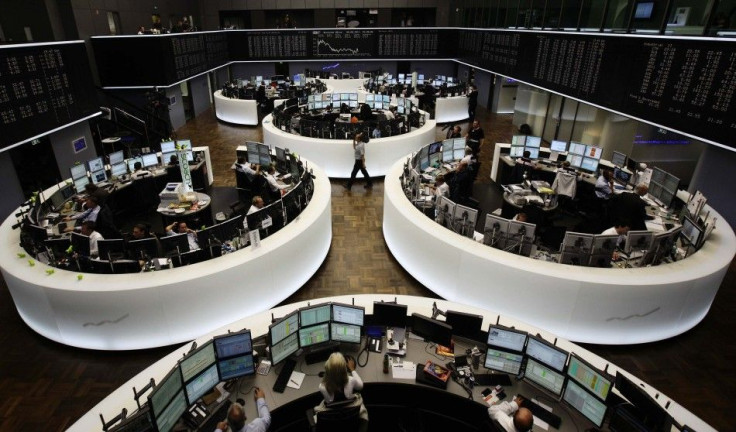Private Equity Showing Signs of Life

The private equity market, a victim of the global economic crisis, is finally showing some signs of life.
An Ireland-based financial firm, SEI Investments, published a report saying fund managers and investors are relieved to see unmistakable signs of a recovery. SEI, in partnership with Greenwich Associates, surveyed 411 private equity fund managers, investors and consultants across the U.S., Europe and Asia in an effort to shed light on the evolving dynamics in the world of private equity.
Not the least of these [signs of recovery] is the accelerated pace of exits during the first half of 2011, which is putting cash into the pockets of many investors who could be forgiven for having become weary of mark-to-market performance calculations, SEI said in a statement.
It would be a mistake to assume that the growing number of initial public offerings and sales signals an imminent return to anything resembling the boom years of 2006 and 2007. Indeed, SEI said, the private equity industry still faces a trifecta of challenges.
The first challenge is the overhang of uninvested capital. A mountain of so-called dry powder in excess of $400 billion is likely to keep many fund managers focused on making, managing, and exiting investments rather than raising capital in 2011. Another challenge is climbing valuations -- great news for those monetizing their assets, but less welcome for those looking to deploy capital.
The third challenge is the backlog of portfolio companies. Average holding periods for private equity portfolio companies have reached five years and many are still underwater. The current crop of profitable exits represents low-hanging fruit, according to SEI.
The firm said that as institutional investors continue to assess the role private equity plays in their portfolios, they are understandably concerned because a lack of liquidity continues to haunt some investment committees, and many struggle to ascertain current value and risk exposures.
These issues are likely to manifest themselves in a variety of ways over the coming months and years. Downward pressure on fees will be exacerbated by the huge stockpile of unutilized capital and lackluster performance of recent fund vintages. There may be pressure to reduce the size of some funds. Investors will almost certainly continue to ask for more detailed information from their fund managers, SEI said.
The firm said some managers have responded to the changing environment proactively by allowing limited partners to trim the size of their commitments or, in some cases, returning management fees for capital that had yet to be deployed. Nevertheless, many fund managers continue to find themselves at odds with their investors as private equity emerges from its three-year coma, SEI said.
© Copyright IBTimes 2024. All rights reserved.











